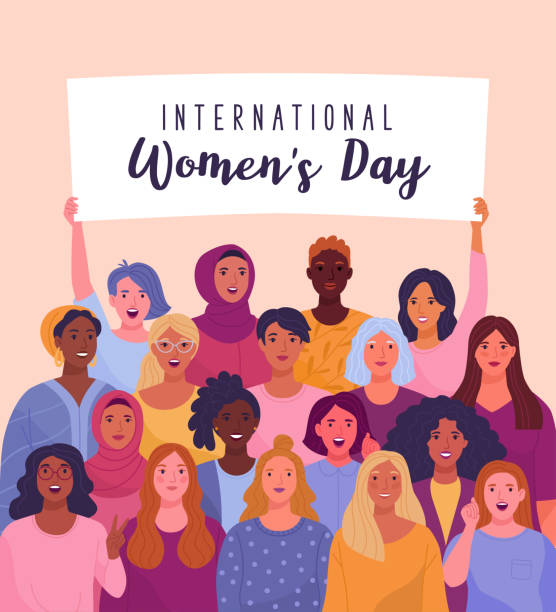The world is in crisis as we mark International Women’s Day (IWD). In Tigray, Ethiopia, any progress in reducing maternal mortality is eroding as conflict devastates maternal health services. Sexual violence as a weapon of war is a harrowing reality for women and girls.
In Afghanistan, which has one of the highest maternal mortality rates in the world (638 women die per 100,000 live births), a health system on the edge of collapse could lead to an estimated 51,000 additional maternal deaths, 4.8 million unintended pregnancies and a near doubling of the unmet need for family planning between now and 2025.
In Syria, now in its 11th year of grinding conflict, gender-based violence has become the norm, in particular toward “women and girls who face multiple and intersecting forms of marginalization due to their gender, age, disability, and displacement status.” Eighty per cent of the 1.6 million people living in internally displaced camps are women and children.
And now, in Ukraine, hundreds of women seek safety underground to give birth as the streets explode aboveground. Hospitals and shelters have sustained damage, limiting access to those in need of care. More than 1.7 people – mostly women and children – have already fled to neighbouring countries and beyond.

The theme for this year’s IWD “Women in leadership: Achieving an equal future in a COVID-19 world,” Happy International Women’s Day (IWD) to all hard working women out there. The determination to survive and to feed their families, and the strength of those who are at the bottom of the chain, is one of the most moving things I can think of. There are many people who would break, and not bend, in these circumstances. We continue to celebrate the tremendous efforts by women and girls around the world in shaping a more equal future and recovery from the COVID-19 pandemic.
Voice” is a concept that is more complex than it may seem. Yet it seems to me that voice can be exercised differently in different situations. A woman may have voice within her family but not within the economic order within which she operates, in particular sectors such as in artisanal mining.
People are many things and they play many different roles. Women and men who engage ASM navigate a complex web of relationships, skills, authority structures, permissions, and geographical challenges. They may in some cases have limited voice, but a great many assets – particularly intangible ones – to offer. No continent, country, or community can be reduced to a simple narrative of voice and voicelessness. How different people interact in sectors like artisanal mining – and why some people are able to do well, and some barely to scrape by – helps us understand how ordinary people live in the most challenging of circumstances.

Achieving gender equality is a struggle that require all hands-on deck. Today and always, we all need to reflect on the following as Ghana works towards achieving SDG 5(Achieve Gender Equality and Empower all Women and Girls):
- Without fairness, we cannot move forward
- We can only fight gender inequalities by addressing the systemic bottlenecks
- There is an urgent need to implement, monitor, and hold ourselves accountable
- We need to aim at gender parity at the managerial level and in our staff mix and be deliberate about it
- Young people must live to address gender parity. They must invest in addressing gender stereotypes, workplace inequalities and stay plugged in to conversations
- We must celebrate our diversity and come together by deliberately involving men
The focus this year is on women and girls living in crisis situations in a world full of conflicts. In crisis, few remain unscathed. But women and girls are especially vulnerable as they are among the poorest, most disenfranchised and most disempowered in their communities. Nearly half of all women in 57 developing countries are denied the fundamental human right of bodily autonomy.

Whatever way a crisis is precipitated – conflict, climate, COVID-19 – those least equipped to withstand it often suffer most. And in any crisis when needs compete for attention, those of women and girls – sexual and reproductive health and gender-based violence-related services vital to their survival, health and future – must not be crowded out or ignored. A world in which their rights are respected is a more just, stable and peaceful one (UN Women,2022).
When the state of the world overwhelms and crisis fatigue and pessimism threaten to set in, we must not abandon what binds us: our common humanity and the firm and fundamental belief that human rights and dignity must be protected and preserved (UNFPA 2022, UN Women, 2022).
By Dr. Mriam R. Iddrisu (Social Development and Gender Specialist Consultant)



